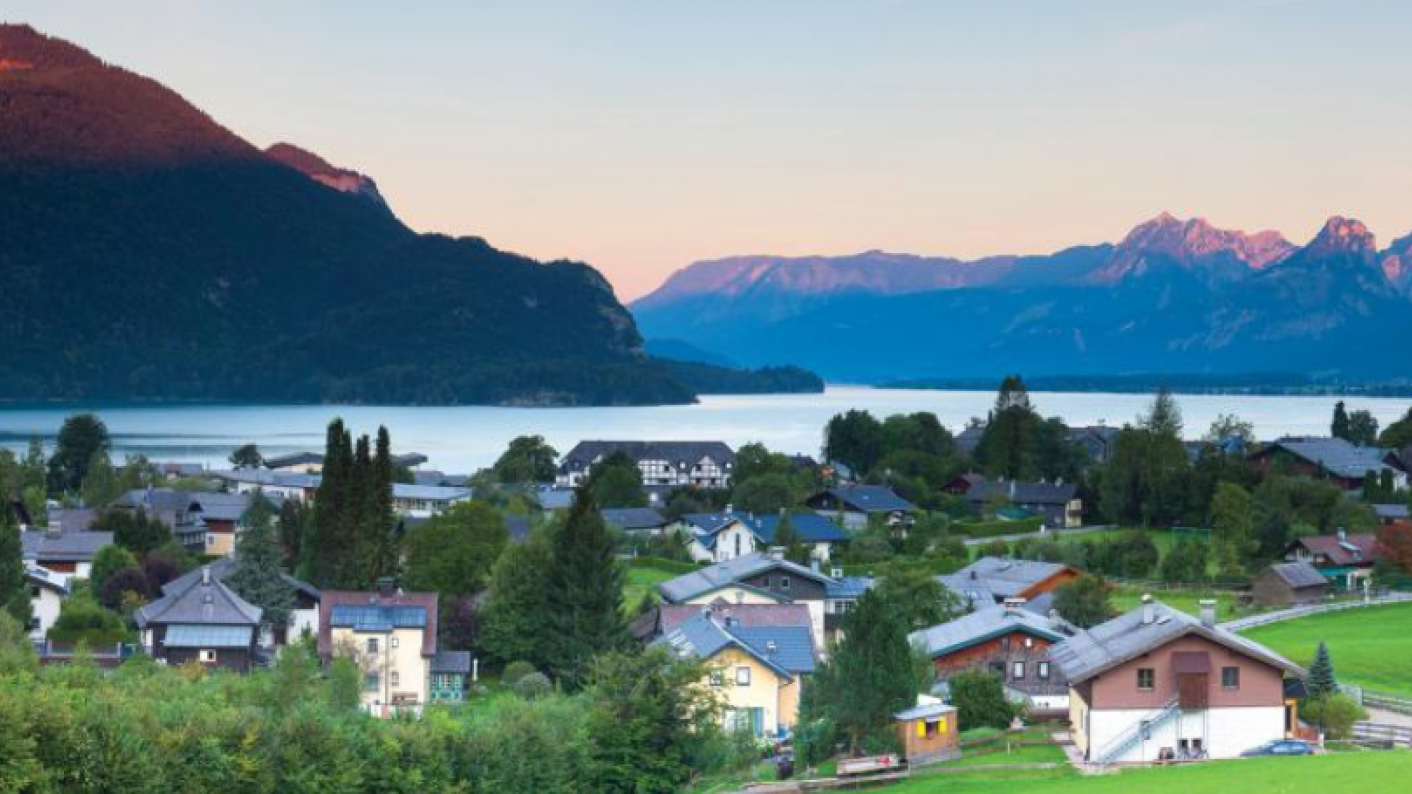Life as a teacher and boarding houseparent is intense, and during term time you’re “at work” almost continually.
My day begins before 6am, when I take my dogs for a walk before the boarders of Sankt Gilgen International School in Austria wake up. I use this time to get into the right frame of mind to play “dad” to 30 pupils.
Related
- Browse the latest European teaching jobs
- Find out how to choose the right overseas school
- Study while teaching abroad and gain a recognised qualification with our iPGCE
Alpine living
We live in the Alps. In the winter, the temperature can be as low as minus 20°C. Any overnight snow needs to be cleared from the vehicles to allow emergency exits – during which time I consider how best to approach the teaching day.
We work in a team comprising of two houseparents, a residential assistant who is also a teacher and two non-teaching graduate assistants. Their role is essentially anything from being an older sibling, driver, first-aider or cook.
Our school has 130 pupils of various nationalities, aged 12 to 18. Although my role as a boarding parent entitles me to a reduced workload, my lesson prep as a science teacher can take anything from a few minutes to several hours.
Before lessons start at 8am, I check pupils’ uniform, which is no simple task because our uniform comprises of traditional Austrian dress or a more classically “British” blazer and tie. The dual uniform is because we value our beautiful Austrian location and Austrians are fiercely proud of their national dress. You can wear a dirndl or lederhosen to church, to the opera, to a formal dinner or to bring the cows off the mountain.
‘You need to be flexible’
We need to be flexible with our time. As well as being a classroom teacher we may extend our roles as climbing instructors, ski leaders or yoga gurus. It is rare that we close the classroom door at 4pm and go straight home.
When the school day is completed, I return to the boarding house. If I am on duty, I change out of my formal clothing into smart-casual wear. One can never predict when a parent or guest may visit the boarding house and they expect a certain decorum. If I don’t have an activity – mine are mountain biking and SAT practice – I will deal with the admin.
After supper at 6.30pm, students attend study hall until 9pm, completing prep or attending a support session with a teacher. If I am not supervising study hall, I may squeeze in a ski. When one is in boarding, it is such an intensive way of working that one must cherish one’s non-contact time.
Even when the pupils are in bed, our work continues as we work through any issues that have arisen during the day: this can be anything from a relationship break-up or university rejection, to more serious pastoral issues. It’s a complete holistic existence, but the positives far outweigh the negatives.
I do worry that my own children have to share my time, but another view is that they have an extended family of 30 siblings who help to take care of them. The older boarders often help my children with their German language homework or do my daughter’s hair – and the younger ones are their friends.
You have to treat boarders as part of your own family to make it a home from home. We have been house parents for 10 years. Many of our former pupils are advancing in their careers, getting married, and some are even parents themselves. It is lovely to hear how their lives are progressing – it certainly puts the demands of the job into context.
This piece first appeared in Tes magazine on 2 December 2016.
Want to keep up with the latest career advice? Follow Tes Jobs on Twitter and like Tes Jobs on Facebook
